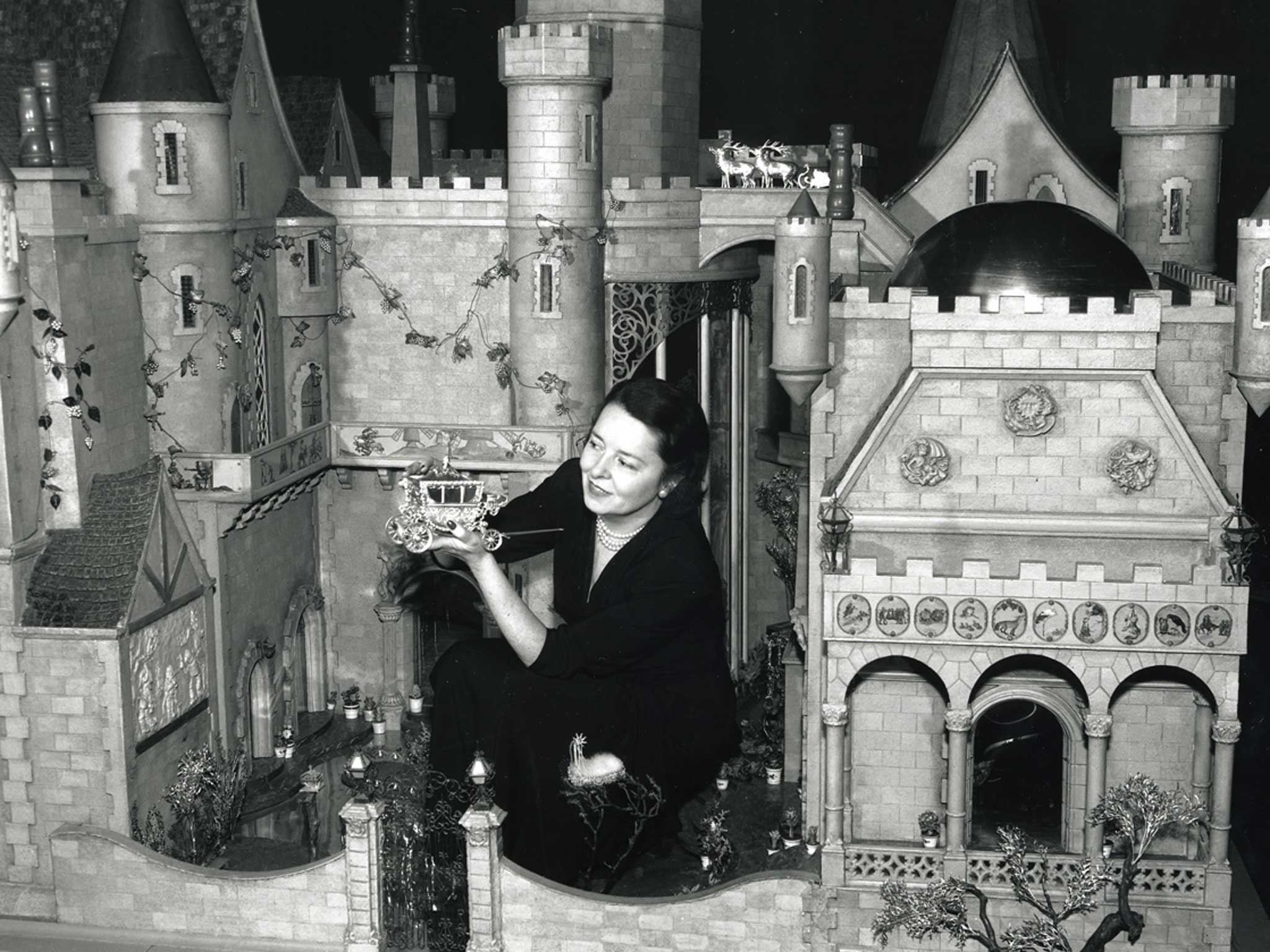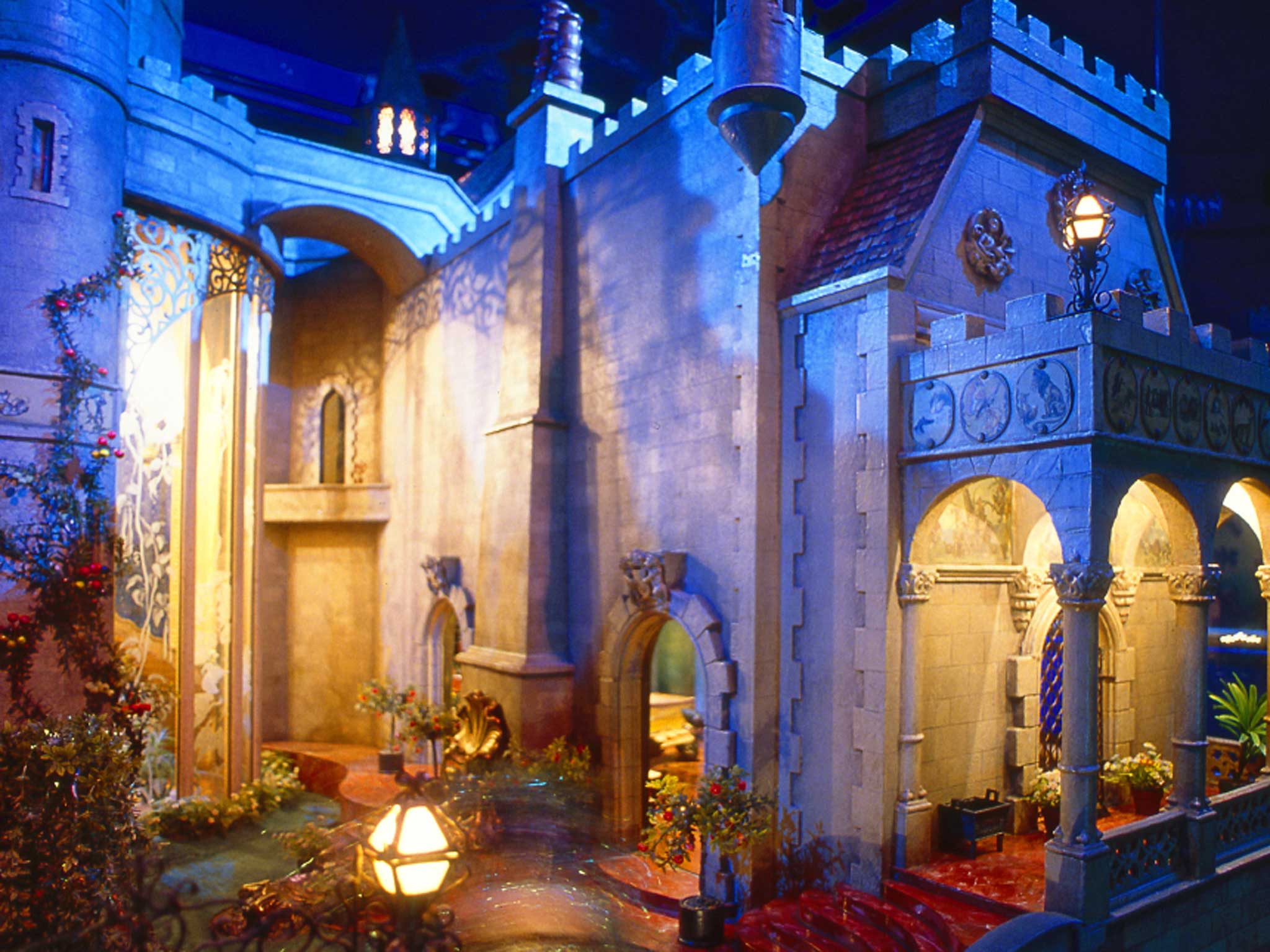Inside the $7m fairy castle doll's house built by 100 people for a Hollywood film star
The fairy castle is around 9-square-foot and features about 1,500 miniatures
Your support helps us to tell the story
From reproductive rights to climate change to Big Tech, The Independent is on the ground when the story is developing. Whether it's investigating the financials of Elon Musk's pro-Trump PAC or producing our latest documentary, 'The A Word', which shines a light on the American women fighting for reproductive rights, we know how important it is to parse out the facts from the messaging.
At such a critical moment in US history, we need reporters on the ground. Your donation allows us to keep sending journalists to speak to both sides of the story.
The Independent is trusted by Americans across the entire political spectrum. And unlike many other quality news outlets, we choose not to lock Americans out of our reporting and analysis with paywalls. We believe quality journalism should be available to everyone, paid for by those who can afford it.
Your support makes all the difference.The two great passions of Colleen Moore, a silent film star of the 1930s and one of the most fashionable actresses of the day, were dolls and movies; and though her films may be long forgotten at least one of her passions remains.
Click above to see a gallery of pictures
Colleen Moore’s Fairy Castle is an elaborate doll's house adapted to fantastic proportions, filled with miniatures and artifacts. It cost an astonishing $500,000 at the time of its creation - the equivalent of a staggering $7m in today's money.
The castle, which became a permanent exhibit when it was donated to the Museum of Science and Industry, Chicago (MSI) in 1949, is around 9-square-foot and features about 1,500 miniatures.

Among its tiny treasures are a painting done by Walt Disney himself, along with a dozen other pieces of original artwork from various artists, the tiniest Bible ever to be written, dating back to 1840, a replica of King Arthur’s round table and three statues of the Goddess Isis.
As a child Moore was obsessed with doll's houses and had a number of elaborate mini-buildings.
In 1928 she decided to build her dream fairy castle, enlisting the help of architect and set designer Harold Grieve, who had redesigned Colleen Moore’s real life mansion. Between 1928 and 1935, about 100 people worked on the Fairy Castle.

In 1935 Moore used the Fairy Castle to raise money for children's charities during a national tour in the toy departments of major cities’ prominent department stores. It remains one of the most popular exhibits at the Museum of Science and Industry in Chicago.
The Fairy Castle is set to undergo a major conservation operation this Autumn, during which artifacts that are usually hidden in the castle will be on full display.

Join our commenting forum
Join thought-provoking conversations, follow other Independent readers and see their replies
Comments